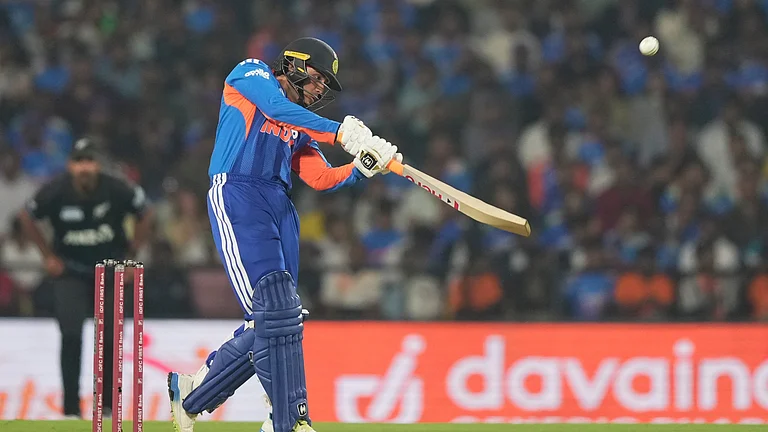The National Human Rights Commission (NHRC) on Friday took suo motu cognisance of media reports on the prevalence of the devadasi system and issued notices to the Centre and six states seeking a detailed action taken report on "the continued menace of Devadasi system in various temples, especially in southern part of India".
Violates women’s right to life, dignity, and equality
"Various laws have been enacted in the past to stop the malpractice of the Devadasi system but it is still prevailing... The apex court has also taken a stern stance in condemning the malpractice of dedicating young girls as Devadasis," it noted.
Describing the practice an evil done to women by subjecting them to sexual exploitation and prostitution, the Supreme Court has held it as a serious issue of violation of Right to Life, Dignity and Equality of women, it said.
The media report highlighted by the NHRC stated that most of the victims belong to poor families, and Scheduled Castes and Scheduled Tribes.
Explaining the system, the report said, "In the process of making a girl a Devadasi, she is married to the deity of any temple and she spends the rest of her life taking care of the priest and the daily rituals of the temple.
Sexual exploitation
"Most of the victims of this malpractice are being subjected to sexual abuse. They are sexually exploited by men, impregnated, and left on their fate."
The panel said the Karnataka and Andhra Pradesh governments had declared the system illegal in 1982 and 1988, respectively.
"However, reportedly, more than 70,000 women are leading their lives as Devadasis in Karnataka alone. A commission constituted under the chairmanship of Justice Raghunath Rao had held that there are 80,000 Devadasis in Telangana and Andhra Pradesh," it said.
The NHRC has issued notices to the secretaries of the Union Ministry of Women and Child Development and the Ministry of Social Justice and Empowerment, and the chief secretaries of Karnataka, Kerala, Tamil Nadu, Andhra Pradesh, Telangana, and Maharashtra.
They have been asked to submit a detailed report within six weeks. The governments have been asked to include data on the steps taken or proposed to be taken by the authorities to prevent the Devadasi system and to rehabilitate the women.
(With inputs from PTI)


























